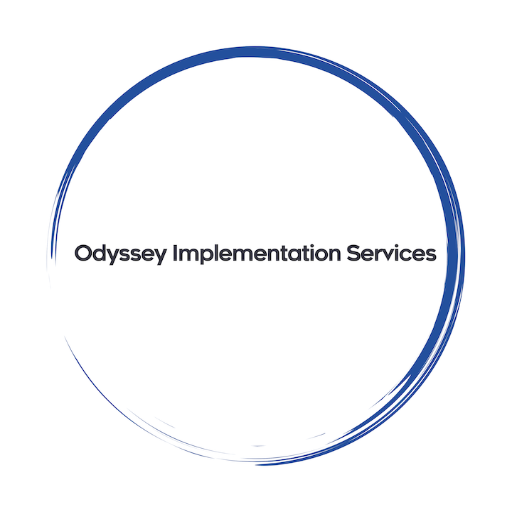In the healthcare industry, protecting patient data is paramount, and Salesforce provides robust tools to maintain compliance with the Health Insurance Portability and Accountability Act (HIPAA). Here, we’ll explore essential strategies for ensuring HIPAA compliance within your Salesforce org, including key considerations, best practices, and recommended features.
Understanding HIPAA Compliance HIPAA sets forth regulations to safeguard protected health information (PHI), ensuring its confidentiality, integrity, and availability. Compliance is mandatory for healthcare organizations and their business associates to mitigate risks of data breaches and uphold patient privacy rights.
Strategies for HIPAA Compliance in Salesforce
- Data Encryption: Utilize Salesforce’s encryption features to secure sensitive data at rest and in transit, including PHI stored in fields, files, and attachments.
- Access Controls: Implement stringent access controls to restrict data access based on user roles, profiles, and permission sets. Utilize features like field-level security and record-level security to limit exposure of PHI to authorized personnel only.
- Audit Trails: Enable and monitor Salesforce’s Audit Trail feature to track changes to sensitive data, ensuring accountability and compliance with HIPAA’s audit requirements.
- Secure Integration: Ensure secure integration between Salesforce and external systems handling PHI, employing encryption, tokenization, or secure APIs to safeguard data transmission.
- User Training and Awareness: Provide comprehensive training to users on HIPAA regulations, data handling policies, and security best practices to minimize risks of inadvertent breaches.
- Regular Audits and Assessments: Conduct periodic audits and risk assessments of your Salesforce org to identify vulnerabilities, address compliance gaps, and ensure ongoing adherence to HIPAA requirements.
Additional Considerations
- Business Associate Agreements (BAAs): Obtain BAAs from Salesforce and any third-party vendors handling PHI to establish accountability and compliance responsibilities.
- Data Retention Policies: Implement data retention policies to ensure timely deletion or archiving of PHI in compliance with HIPAA’s requirements.
- Incident Response Plan: Develop and maintain a robust incident response plan to address data breaches promptly, mitigate damages, and comply with HIPAA’s breach notification requirements.
Recommended Salesforce Features for HIPAA Compliance
- Platform Encryption: Encrypt sensitive data fields to protect PHI at rest.
- Field Audit Trail: Track field history changes for auditing and compliance purposes.
- Event Monitoring: Monitor user activity and access to sensitive data in real-time.
- Health Cloud: Leverage Salesforce Health Cloud for specialized healthcare workflows and compliance features.
By implementing these strategies and leveraging Salesforce’s compliance features, healthcare organizations can maintain HIPAA compliance, safeguard patient data, and uphold trust in their Salesforce org as a secure platform for managing sensitive healthcare information. Compliance with HIPAA not only protects patients’ privacy rights but also ensures the integrity and reliability of healthcare data in today’s digital landscape.
